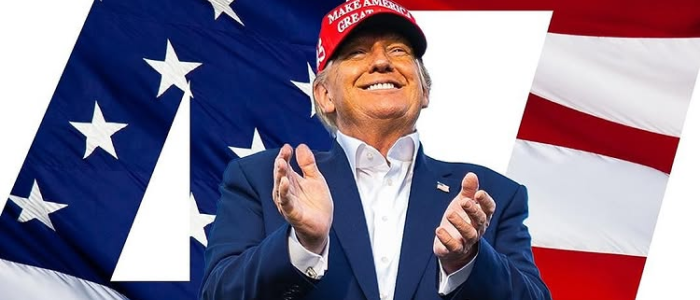The flurry of recent tariff announcements and reversals from the US has continued to affect leading indicators in the eurozone, with ZEW (Zentrum fur Europaische Wirtschaftsforschung) that tracks economic sentiment, sinking at a rate consistent with large crises. Together with abysmal soft data from the US, this highlights the corrosive impact of policy uncertainty on growth expectations. Consequently, leading researchers including Oxford Economics have cut their forecast for eurozone growth.
The European Central Bank (ECB) lowered interest rates last week, as expected. But the path beyond here is less clear. While new trade barriers and policy uncertainty will dampen growth, the impact on inflation is uncertain.

A stronger euro, lower commodity prices, and weaker demand could push the ECB to cut into accommodative territory, according to analysts. Data released last week showed that the eurozone’s industry is still in a bad shape. Although headline output jumped in February, this was due to Ireland and Belgium, which boast large US-facing pharma sectors feeding an inventory build-up.
Excluding this, output contracted. The adverse impact of new US trade barriers will be felt before Germany’s large fiscal stimulus. The EU and the US now have less than 90 days to negotiate a trade deal, otherwise much higher US tariffs will kick in and the EU will retaliate.
“But the two are nowhere close to an agreement, with EU trade negotiators stating it’s not clear what the US wants,” Oxford Economics noted. Ultimately, US trade policy may be decided by the bond market rather than anything the EU can offer, the researcher said. The rollercoaster of announcements from the US government since ‘liberation day’ on April 2 is continuing to affect incoming soft data.
After Sentix last week, ZEW’s expectations component collapsed recently on a magnitude consistent with some of the worst crises, surpassed only by the immediate shock of Russia’s invasion of Ukraine. Oxford Economics has cut its eurozone growth forecasts for this and next year in the April forecast round released last week. Although the implemented tariffs so far are close to Oxford Economics’ March baseline (10% across the board plus some higher sectoral tariffs), the escalation of the US-China trade war, heightened uncertainty, and the prospect of the higher reciprocal tariffs and the EU’s retaliation coming into force in July could prompt a further downgrade to its outlook.
The researcher now expects the eurozone’s GDP will be 0.3% smaller by the end of 2030 than last month. The elevated policy uncertainty presents a challenge for the ECB.
It cut interest rates by 25bps to 2.25% recently, as widely expected. Analysts think a cut to 2% at the next meeting in June is also very likely.
But what happens beyond then is much less clear. The effects of tariffs and trade policy uncertainty on growth are unambiguously bad. Their impact on inflation is more ambiguous.
On the surface, the much stronger euro, lower commodity prices, and the negative demand shock could result in inflation undershooting the ECB’s 2% target. On the other hand, a potential disruption to supply chains, companies keeping a margins buffer, and the direct impact of possible EU retaliation would push prices up. Oxford Economics thinks the ECB will err on the side of caution, at least for now.
After cutting to 2%, which is widely seen as the neutral rate, the ECB is likely to stay on hold. The bar for rate cuts into accommodative territory is likely quite high thanks to the recent high inflation episode, whose magnitude the ECB (and forecasters in general) failed to see in advance. As a result, the ECB is likely to be much more reactive rather than proactive in its reaction function.
That much is apparent from the recent interest rate decision, with an emphasis on data-dependence and a lack of a pre-commitment to a particular interest rate path. Related Story Will the global economy stall? Make-or-break moment for Germany.
Politics

Eurozone growth hit hard by trade policy uncertainties; bad effects on growth

The flurry of recent tariff announcements and reversals from the US has continued to affect leading indicators in the eurozone, with ZEW (Zentrum fur Europaische Wirtschaftsforschung) that tracks econ...















